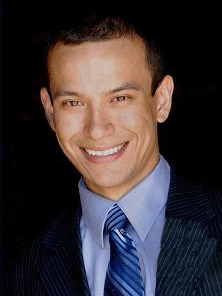An appropriately designed off-grid system is one that balances the cost of implementing and operating the system with its ability to reliably meet the energy needs of the users. This can be challenging given the relatively large uncertainty of most load estimates. In this webinar, we described basic approaches to off-grid system design, including the use of international standards and computer-aided simulation. We covered important practical considerations when selecting inverters, charge controllers and battery banks. This video webinar featured Dr. Henry Louie, Co-founder of Kilowatts for Humanity.
Watch this recorded video to learn:
- the lifecycle of an off-grid project, from a pre-feasibility study to expansion or retirement
- how to design an off-grid system using standards- and computer-based approaches
- what to look for (and avoid) when selecting system components
Presenter:
 Dr. Henry Louie is an Associate Professor and Fr. Francis Wood Endowed Research Chair in the Department of Electrical and Computer Engineering at Seattle University. His research areas include electricity access in developing communities, renewable energy and appropriate technology. He is the President and Co-founder of KiloWatts for Humanity, a non-profit organization providing electricity access and business opportunities in sub-Saharan Africa. Dr. Louie served as a Fulbright Scholar to Copperbelt University in Kitwe, Zambia. He is recognized as a Distinguished Lecturer of the IEEE and is an Associate Editor of the journal Energy for Sustainable Development. He is the author of the book Off-Grid Electrical Systems in Developing Countries, published by SpringerNature.
Dr. Henry Louie is an Associate Professor and Fr. Francis Wood Endowed Research Chair in the Department of Electrical and Computer Engineering at Seattle University. His research areas include electricity access in developing communities, renewable energy and appropriate technology. He is the President and Co-founder of KiloWatts for Humanity, a non-profit organization providing electricity access and business opportunities in sub-Saharan Africa. Dr. Louie served as a Fulbright Scholar to Copperbelt University in Kitwe, Zambia. He is recognized as a Distinguished Lecturer of the IEEE and is an Associate Editor of the journal Energy for Sustainable Development. He is the author of the book Off-Grid Electrical Systems in Developing Countries, published by SpringerNature.

Please help me with material training for Solar Power OFF – Grid for all trainings.
I will appreciate your response to my request.
Regards,
Stephen Mulenga